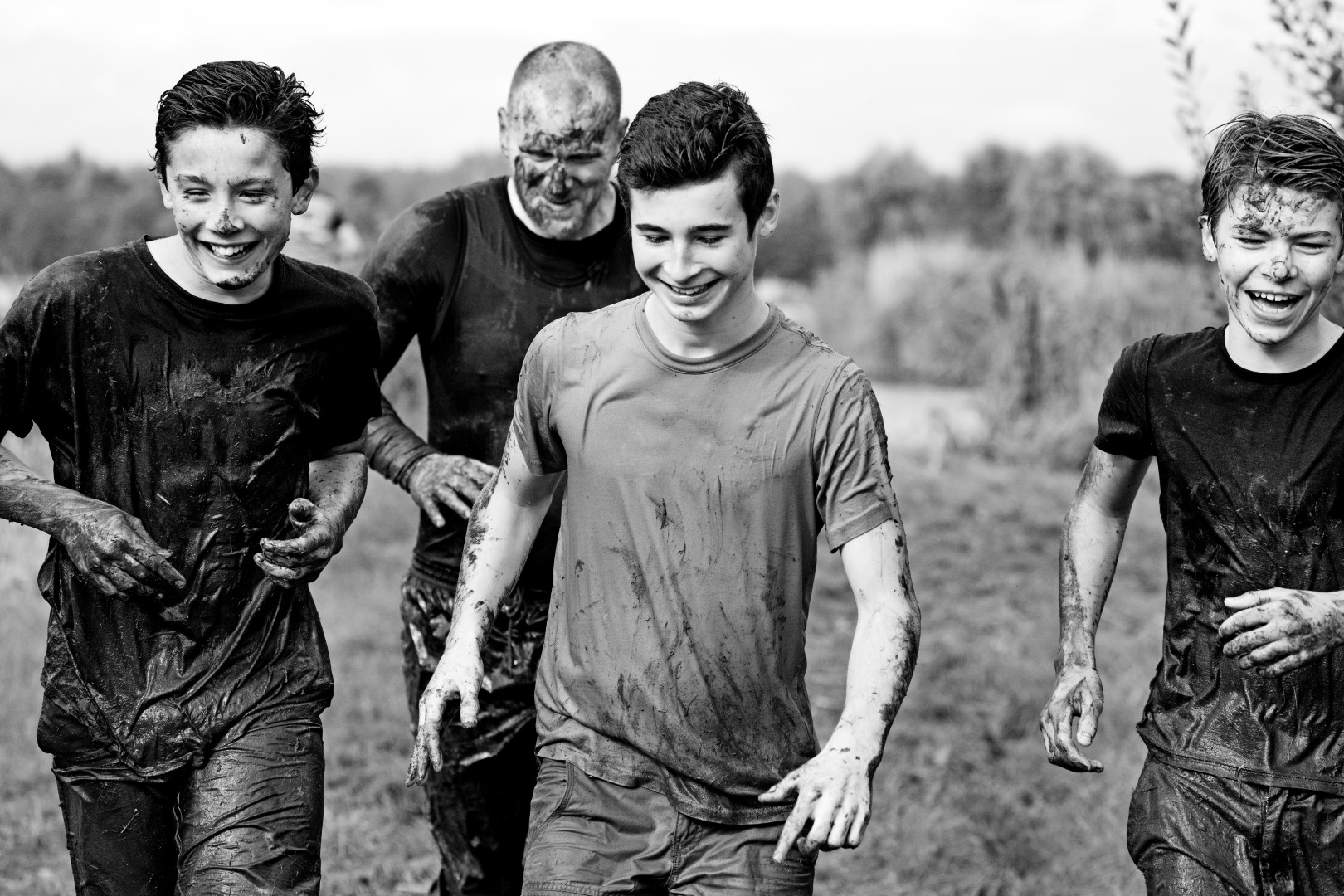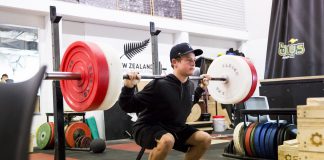“They didn’t really push me. They didn’t force me to do anything. But they still supported me in everything I did”. – World Champion New Zealand Swimmer
The importance of family support in athlete development should not be underestimated. In fact, new research shows that parents, siblings and other family members play a critical role in the development of young sporting talent.
With that in mind here’s what to do, and what not to do when it comes to providing support.
Support Competitive Environments Early
Do you remember the games you used to play as a kid? Check out my list of ‘highly competitive activities’ I used to compete in with my older brother when we were growing up.
- BMX races on the street (we lived in a safe little cul-de-sac road, and dodging the odd car was all a part of it)
- Time trials home from primary school
- Friday night tenpin bowling
- Downhill trolley races
- Backyard cricket
My particular favourite were the frequent races home from school I had with my older brother.
Competing in sports or daily activities around the family home was thought to be a part of growing up as a sporty Kiwi kid. But it’s changing. Kids are less active than ever before, and as a result are losing out on the benefits of sibling competition.
Evidence shows that most athletes who excel at the elite level had a healthy sibling rivalry growing up. This is particularly true for those athletes with older brothers or sisters and felt like they always had to try harder at everything they did.
Therefore, we should encourage healthy competition from the start, or at least provide your kids with plenty of opportunities to do.
 Talk Less. Listen More.
Talk Less. Listen More.
There’s no doubt that every young athlete’s sporting journey will involve pressures, setbacks and failures sooner or later. The best thing you can do is to be there to provide emotional support when it happens. Comfort, reassurance and encouragement are critical.
Turn up regularly on the side-line and in the grandstand to support your child. Don’t just drop them off and run. Be interested in how their training went and the progress they’re making – not just whether they win or lose on Saturday.
And, most importantly, be prepared to talk less and listen more. Especially when it comes to helping your child through times of self-doubt and challenging experiences.
“They just enjoyed watching me race. I never felt any pressure. And knowing that no matter what my result was, always coming back to happy parents was very satisfying”. – World Champion New Zealand Rower
Appreciate The Costs From the Outset
It can get expensive. Sports such as rowing, triathlon, sailing and cycling all require the appropriate gear to participate, which comes with a hefty price tag. Even the likes of Netball and Rugby don’t come cheap once you include the costs of footwear, uniform and entry fees .
And then there’s the cost transport to training and games multiple times each week, as well as the cost of travelling to and from competitions away from home. However, without the financial support of their families, most top athletes would never have been able to achieve as much as they did.
When introducing your child to a new sport, be sure to consider what it might cost if they continue along that particular pathway.
Leave The Coaching To The Coach
It’s really quite simple: unless you have the word ‘Coach’ on your back, don’t do it. This includes providing advice on such things as: what to do in training, specific game or race plans, or what to focus on before a big competition.
It’s essential that your child develops trust with their coach and believes in what they say. Giving your two cents on ‘what you did in your day’ will only confuse and frustrate them. Remember that there is often a bigger plan in play that the coach is working on with your child, particularly in team sports when there’s a group of other players involved.
Are you supporting your child in the best way you possibly can?






































